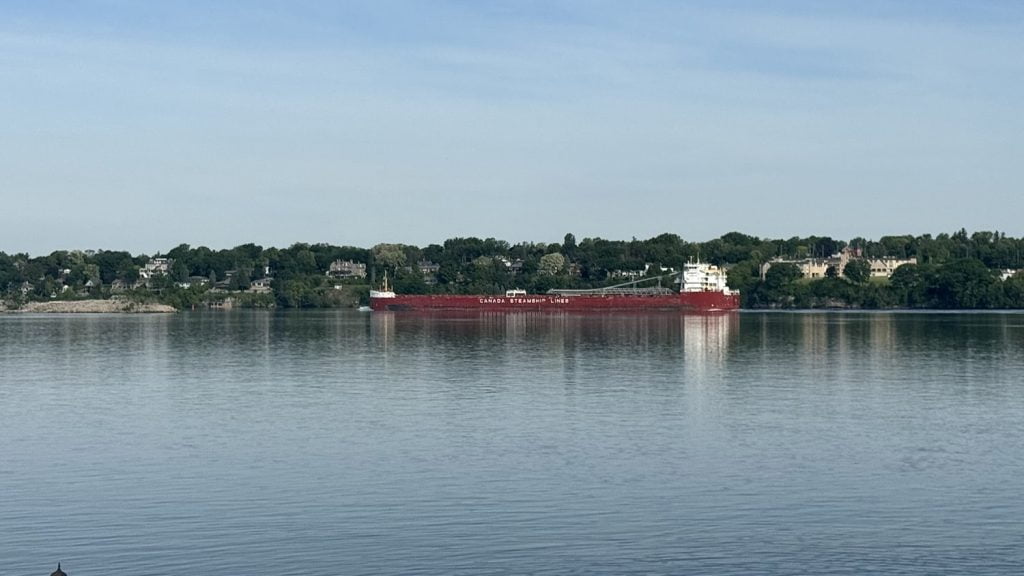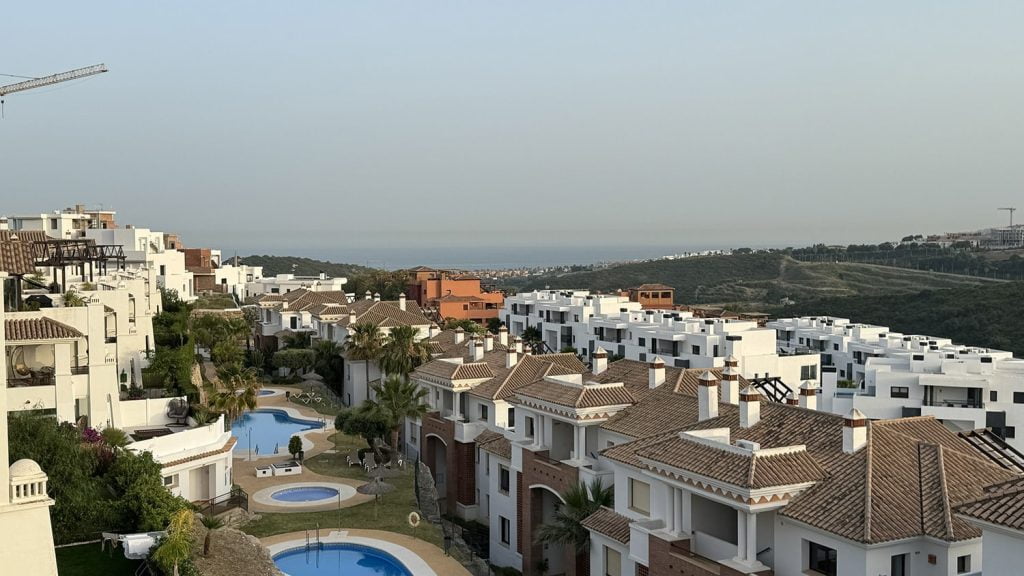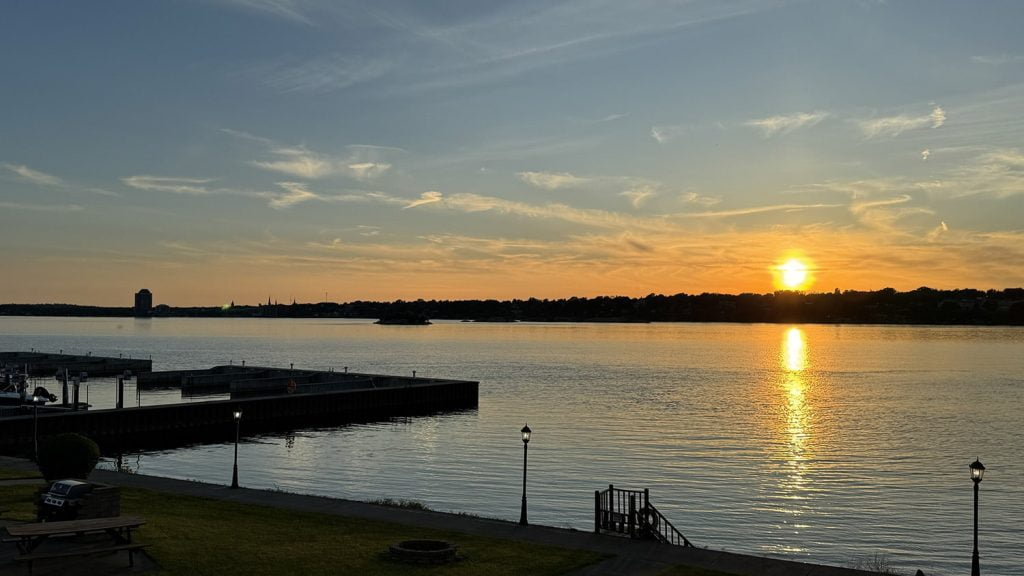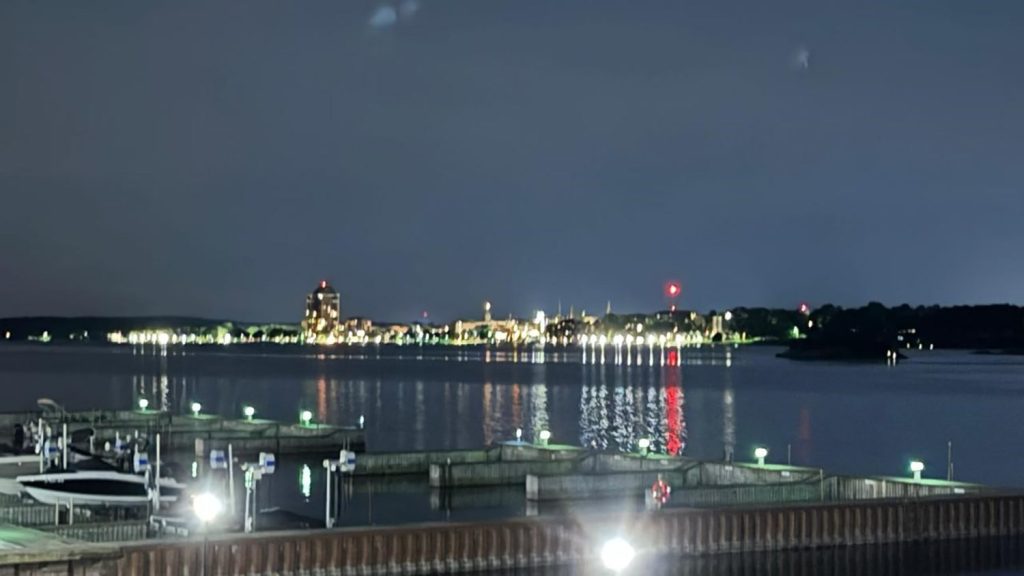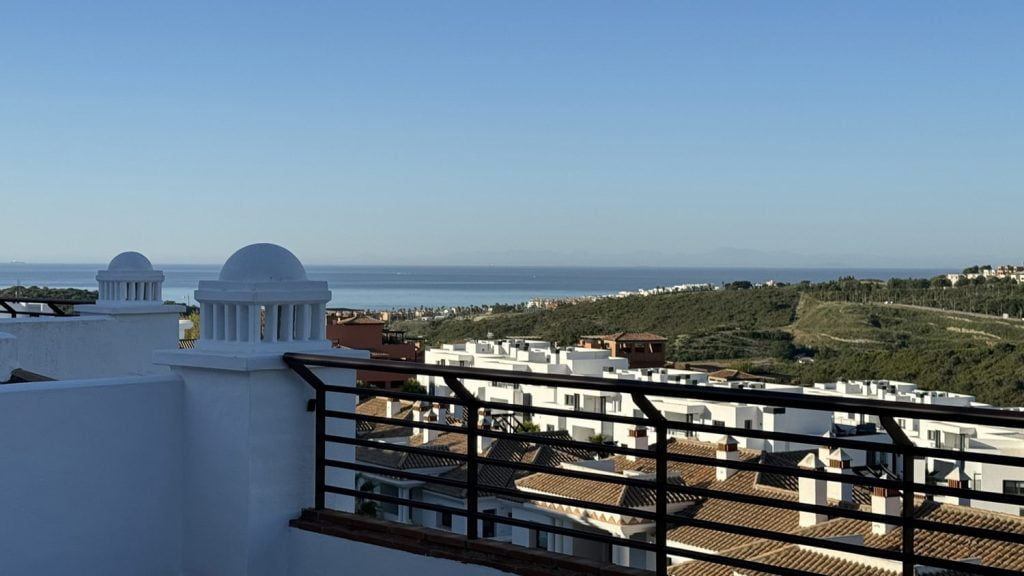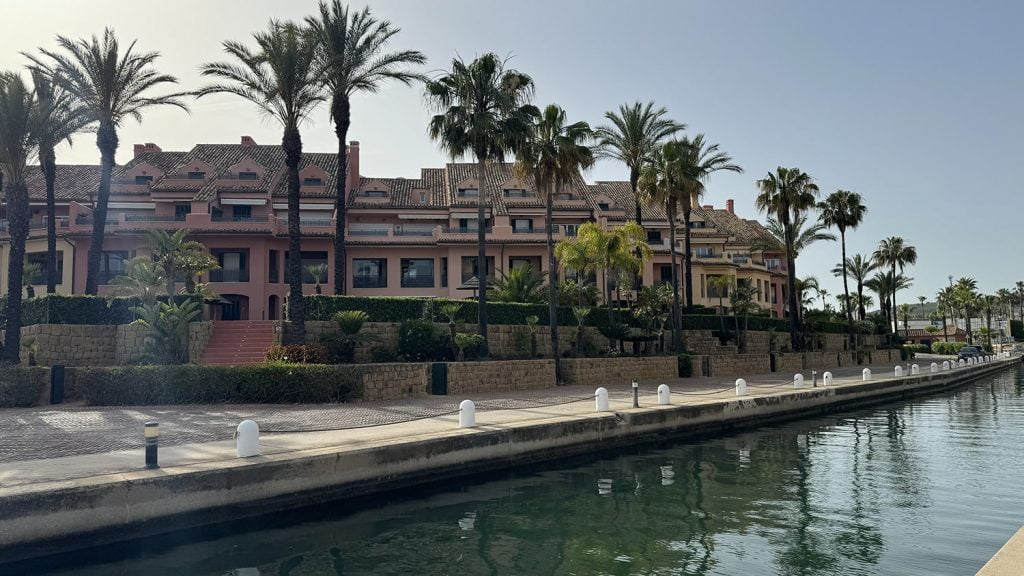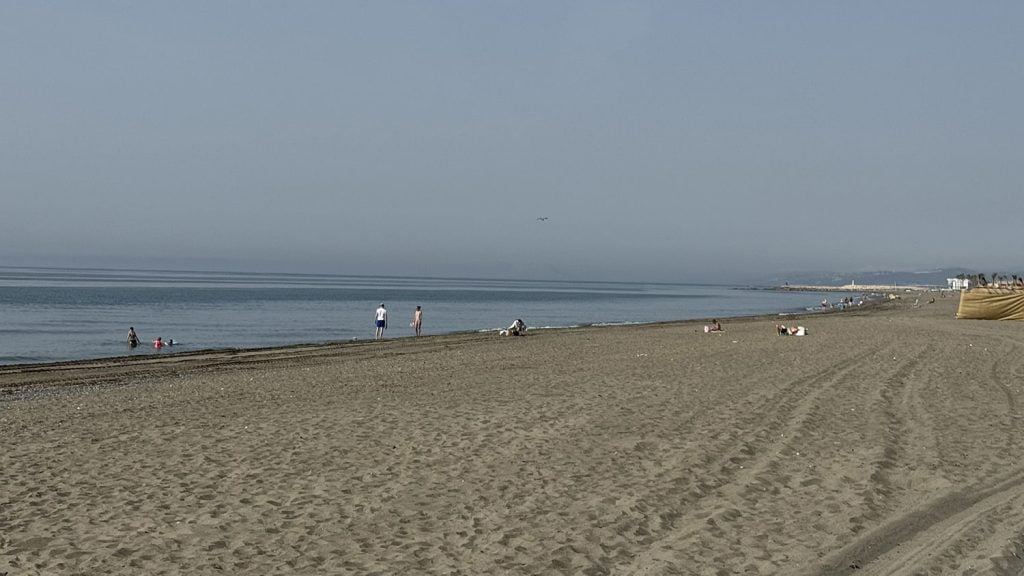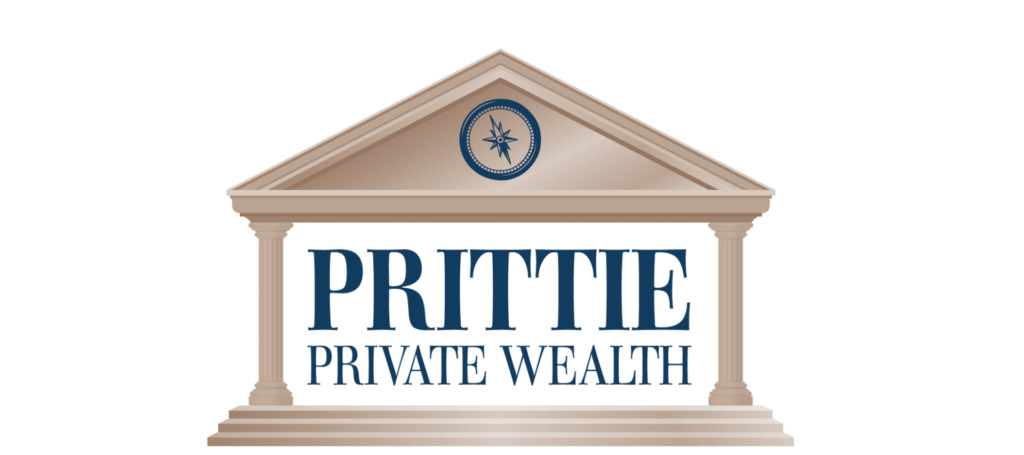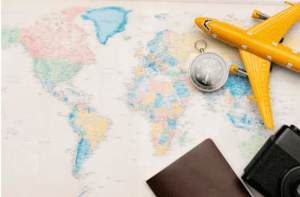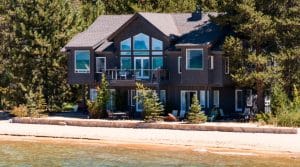Expat Update – Summer 2024
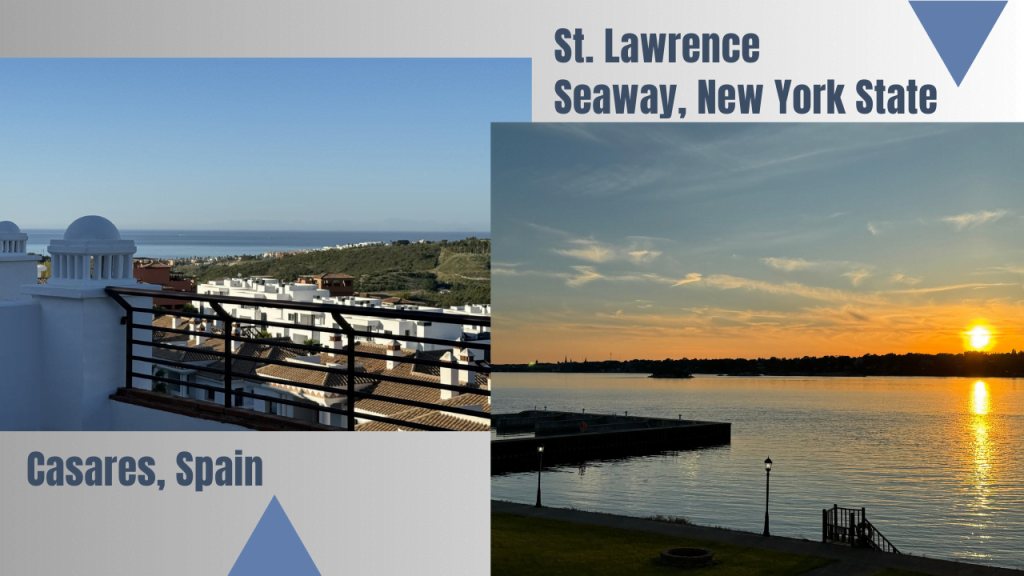
Hola amigos. The rainy season has begun in Panama and we left for Casares Spain in May. Casares is next to Estepona in the Costa Del Sol on the southern coast. Aside from the prevalence of roundabouts (love them) that keep traffic lowing, the climate and scenery are equally pleasant. Having been a few times, we find Spain still has an old world feel to it. It does not seem as modern as Panama City, keeping in mind however that much of Panama City has been developed in the past 25 years. Spain tends to be bureaucratic and being based on roman principals, it still takes patience when navigating legal or municipality business. There is a more relaxed atmosphere than North America. Spain’s government is also fairly social which means more regulation and higher taxes. Still, Spain is the worlds second most visited country after France. It has 15% of the United Staes population, yet it receives almost 84 million tourists per year. Four million that the USA. The cost of living and requisite tax liability is less than Canada for sure. Cash transactions are limited to 1,000 euros for tracking purposes. If you try to use too much cash you will give a lot of info to the authorities. Consumption taxes are higher (think VAT/HST) at 21%…so spend wisely. The non resident tax rate is 24% so if you have a rental property, you cannot deduct your expenses (mortgage interest, repairs/maintenance or Home Owners Association (HOA) fees). You simply pay a flat 24% on all income. A resident of Spain is allowed deductions against rent which makes for an interesting discussion among expats.
Still there is more than taxation to consider when choosing a place to live or visit for months at a time. Spain has many great attributes. Safe with wonderful food and historic old Europe atmosphere. The Mediterranean Sea, nicely appointed marinas – many with accompanying equally nice communities, clean beaches and wonderful weather. The economy has rebounded solidly since the 08/09 financial crisis. Its “old world Europe” with smaller cars to navigate smaller streets. You won’t find many pick up trucks or Suburban’s here. Like much of Europe, they just don’t fit into parking garages or narrow downtown streets in the city’s core. Newer developments have better accommodations for larger vehicles but it’s a small car world with many being standard transmission and diesel powered. The community we live in there is very nice/modern and spending time there is a joy.
After our visit to Spain, we landed in Ottawa for a couple days in early June to visit family and then headed to our summer residence along the St Lawrence Seaway in Northern New York. It’s very scenic and peaceful here. The private community is made up of six buildings on the waterfront with six condominiums in each. The majority of owners are Americans with a few owners from Ottawa. However, like us, most reside elsewhere for most of the year and migrate here for the summer months. Those we have met are very friendly and its enjoyable to be part of this small enclave. Its always interesting to discover what one can find (or not) in each country. Even Canada and the USA have different supply chains with enough goods distinctly Canadian or American – but not found in both countries.
Since arriving, we picked up a vehicle and traded in our Ontario drivers’ licenses for New York state versions carrying the same qualifications at a cost of $60 each. All quite seamlessly. Buying the vehicle remotely while still in Panama was challenging, as most dealers did not want to hold the vehicle for six weeks, but after a number of them declined, I finally found a car dealer in Yorkville (two hours south) that not only had a vehicle we liked but agreed to our needs. I had to pay 100% up front and they agreed to get it plated and hold it until June 3rd when I picked it up. There is a “point system” in NY for licensing vehicles. Who knew! We just barely qualified for that…so a special shout out to the international consultant that we used for getting us those first USA bank accounts a couple years ago. It took that Boston based bank account to qualify us, plus one opened in December in Ogdensburg, plus our Ontario DL, plus utility bills from our NY property to qualify for the six points we each required. Whew! For awhile the dealer had the car and the money and I had the worry. Getting the plates was a key determent in whether we would see eventual value for the money. Oh yes…insurance is needed before plates are issued and the car needed to be insured while sitting at the dealership. Because we sold everything in December/early January before leaving, we had no insurance history for five months. Big issue here! Thankfully we retained copies of our vehicle insurance policies from last year. I then ordered Ministry of Transport abstracts for each of us while still in Panama. We sent all this and credit reports to our insurance broker in NY to illustrate we were indeed a good risk for auto insurance. Our insurance broker also held the home insurance policy since December so there was that connection as well…albeit only from a familiarity point of view. Recall in any new country, anything you had in Canada matters little to them. Canadian credit history and track records doesn’t count for anything meaningful elsewhere, so the preceding all helped cut the premium cost by 50%. It’s still higher than what we paid in Canada but it’s only until mid October at which time coverage drops to fire/theft only. Then upon renewal next May, a year of history will be available and premiums will resemble a normalized cost.
Starting anew outside Canada is not hard if one plans and prepares properly. There are definitely things to know and partners to assist. Partners include legal, accounting and community partners. In each country we have property or residency, we have all three. A Canadian accountant well versed in expat tax matters is critical should you ever depart. I found few have the experience and knowledge needed to properly navigate this space – even in the large firms. It took us awhile to find the right partners and that is key. Referrals are everything and of course local specialists and community partners need not only to be honest, caring, connected and knowledgeable, they need to be bilingual if you are not.
With more people looking at alternative locations to call home, even for part of the year if not permanently, I hope the above helps. Our next travel is to Mexico in August for our three-year residency card renewal and we may visit Panama while down that way for a week or so before returning to NY. Then right after Canadian Thanksgiving dinner we head back to Panama until next May. That will give us the all important 183 + days needed in Panama for permanent tax residency. I will write more about residency and citizenship in a future newsletter.
Questions? I think most know how to find me and I am always happy to help answer anything related to residency, information on the countries we spend time in or expat info in general.
Best wishes always. Enjoy a safe and rewarding summer wherever you are.
Michael
